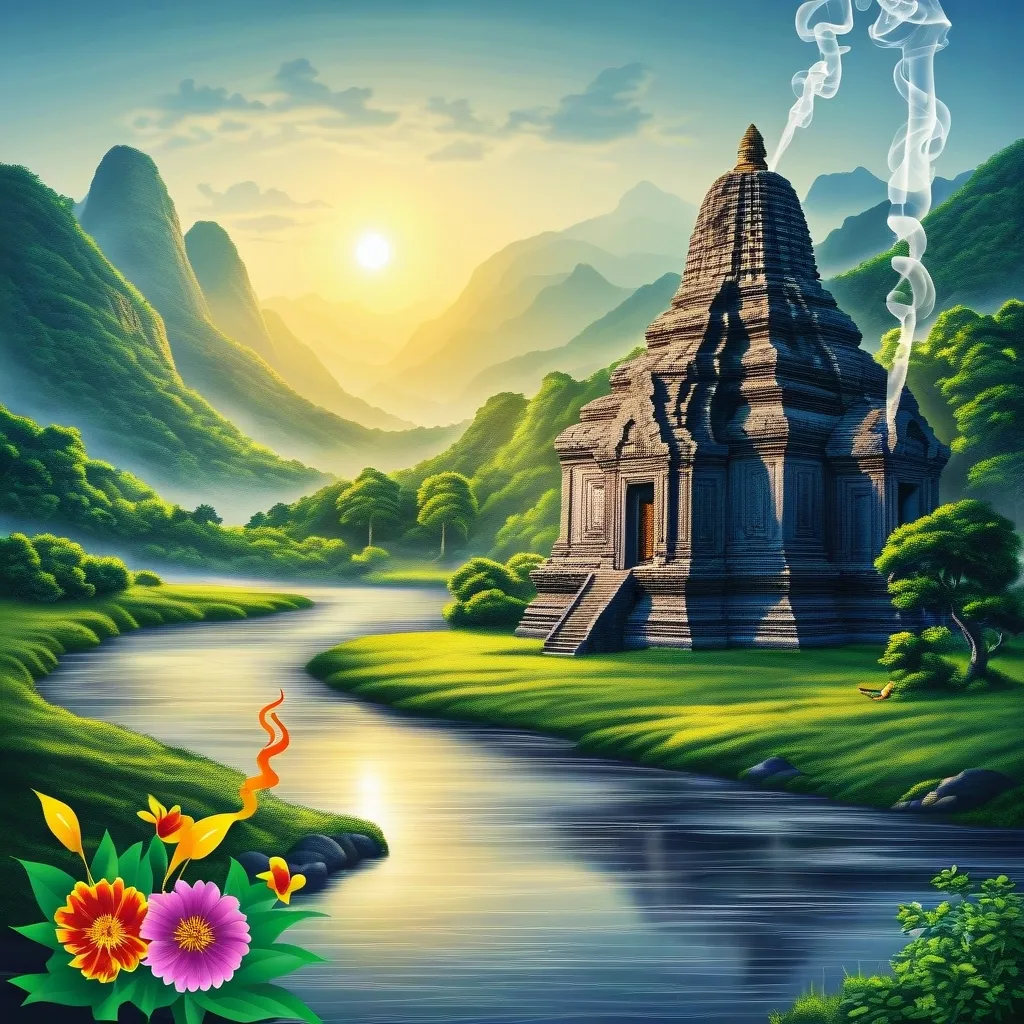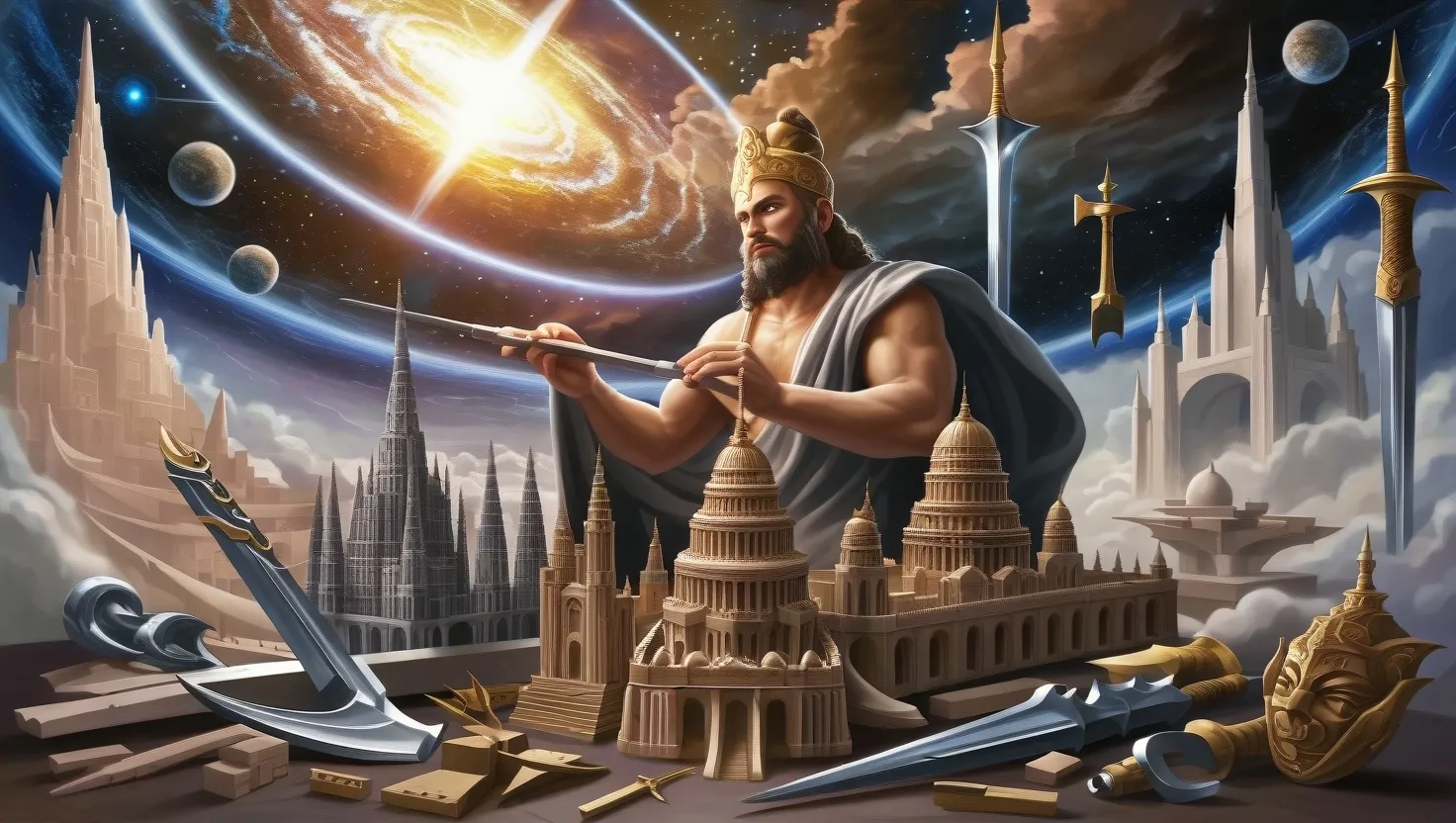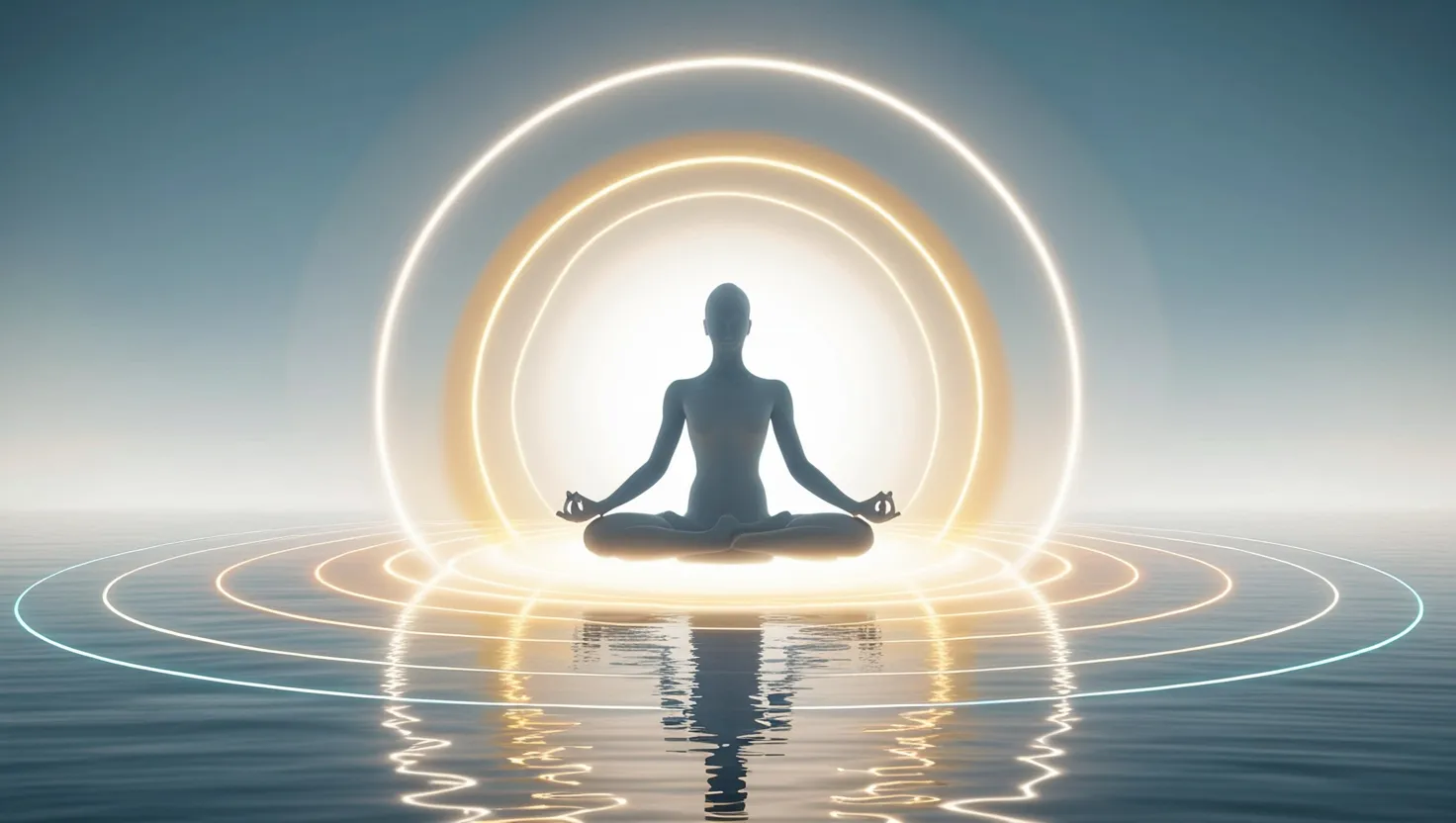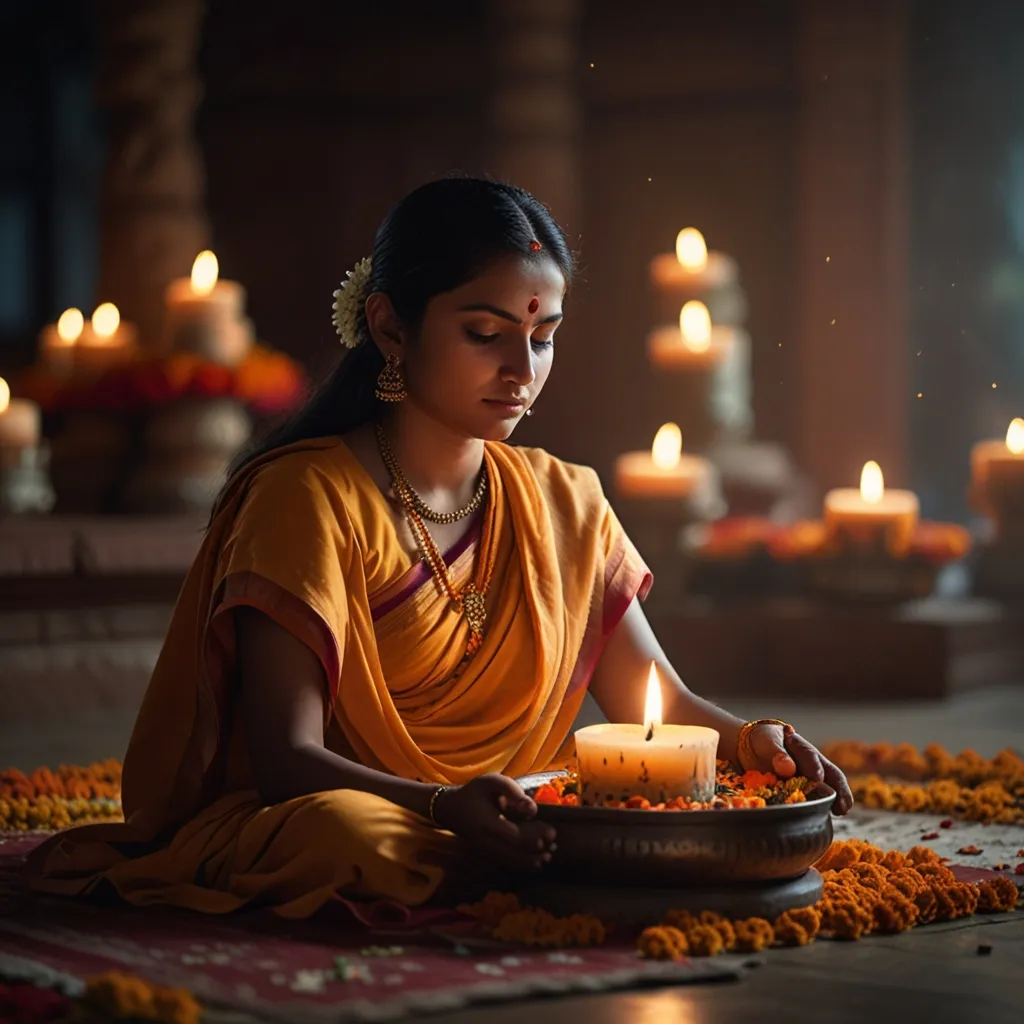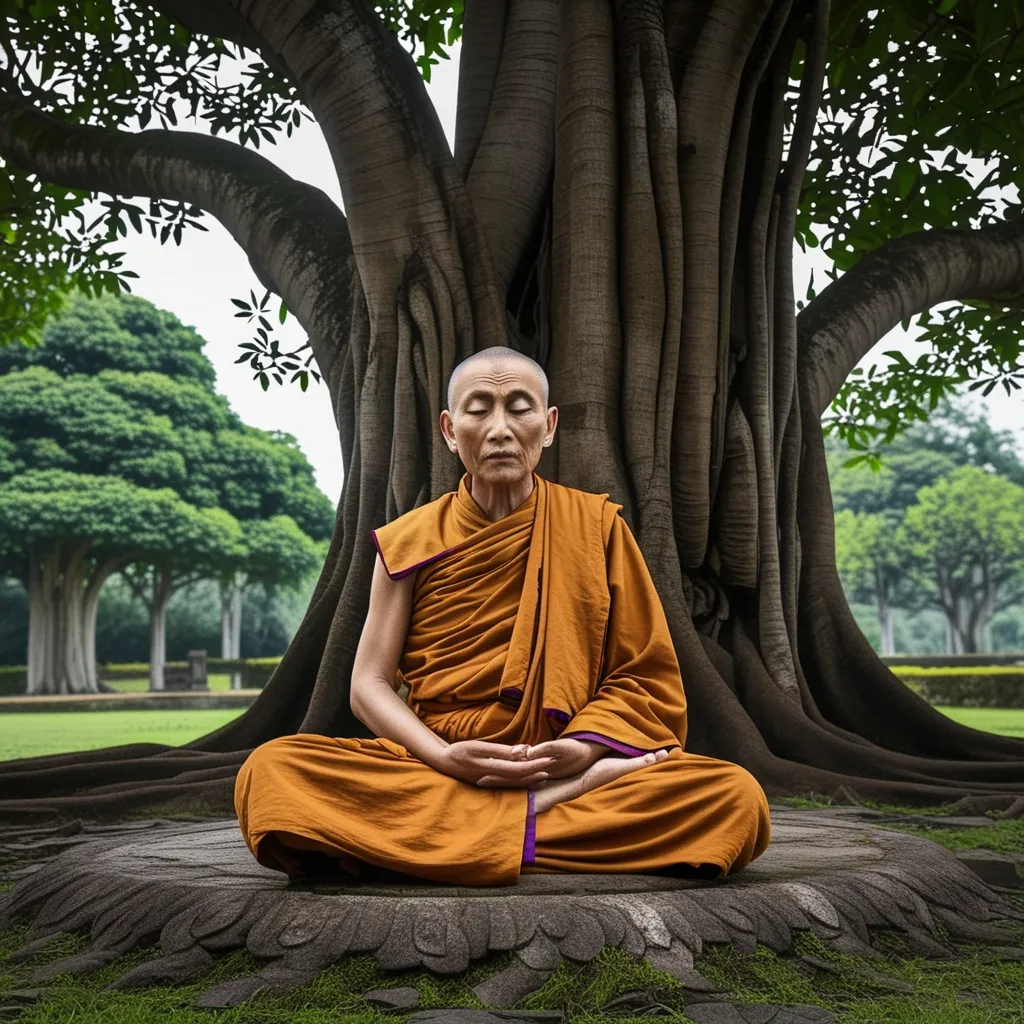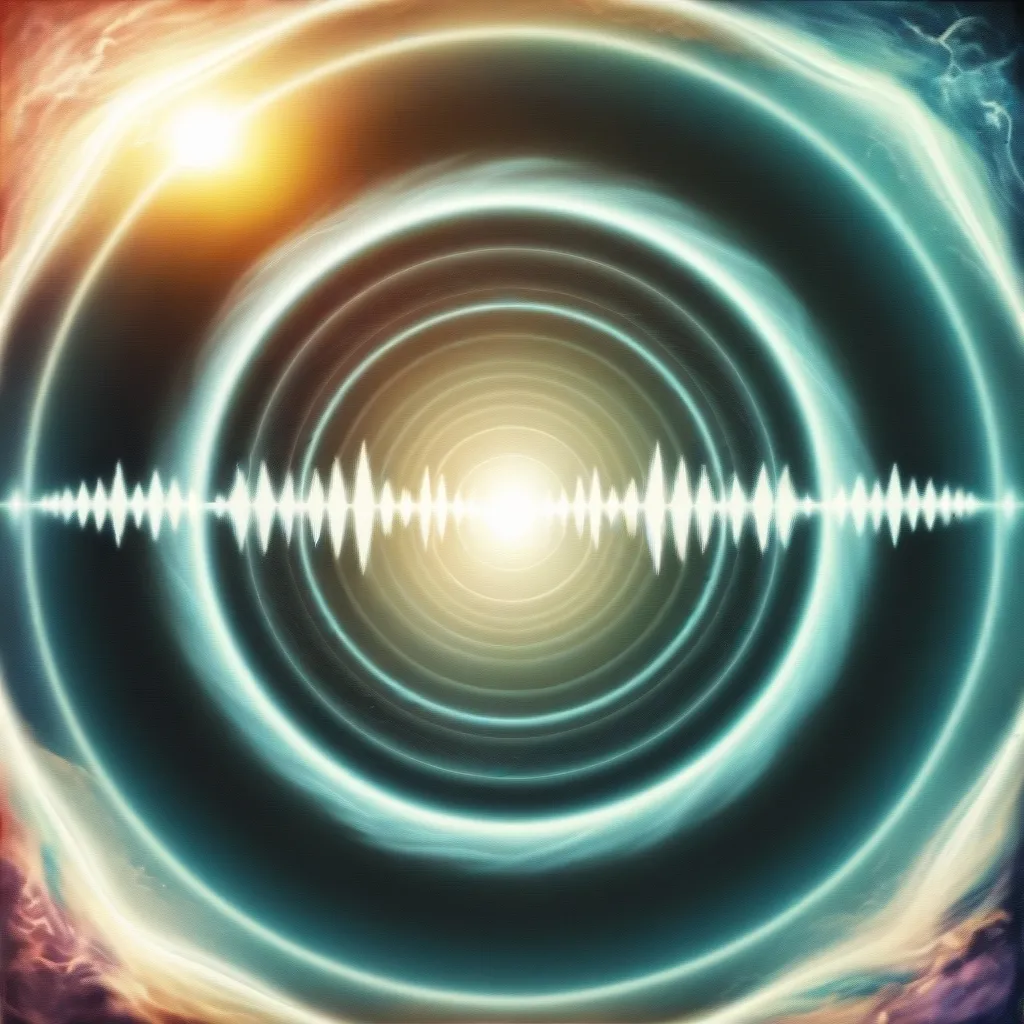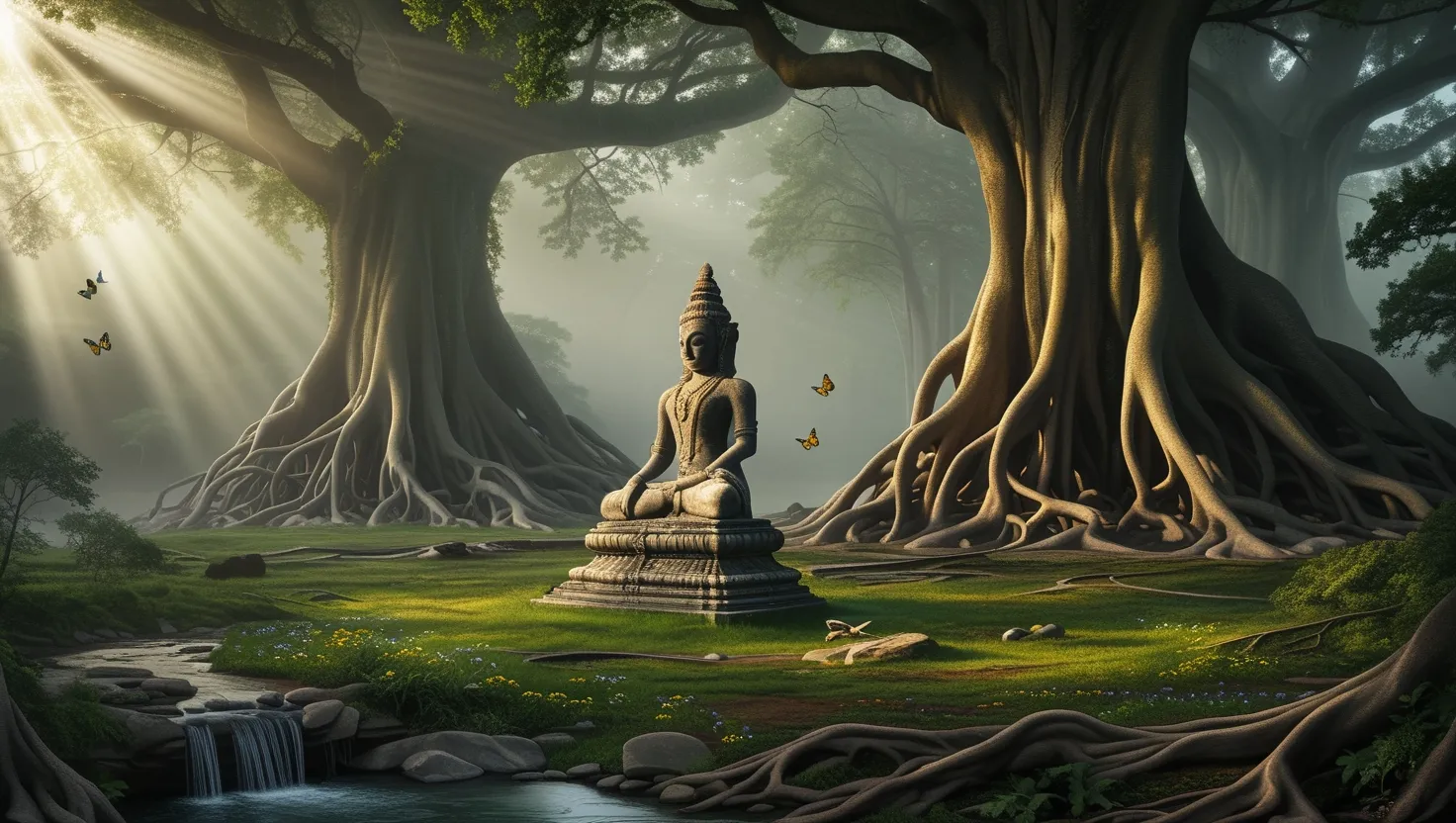Hinduism: The Eternal Flame of Spirituality
Imagine a faith so ancient, its roots stretch back into the mists of time, yet so vibrant it still shapes the lives of nearly a billion people today. That’s Hinduism for you - the grand old dame of world religions, still turning heads and touching hearts after thousands of years.
Let’s take a journey through the winding path of this fascinating faith, shall we?
Picture this: it’s around 3000 BCE, and the Indus Valley is buzzing with life. Cities are sprouting up, trade is booming, and people are starting to ponder the big questions of life. This is where our story begins. Archaeologists have dug up little clay figurines of what look like goddesses from this time. Could these be the great-great-grandmothers of the Hindu deities we know today? It’s a tantalizing thought.
Fast forward a millennium or so, and we’re in the Vedic period. This is when the Vedas, the oldest sacred texts of Hinduism, were composed. Picture a group of wise men sitting around a fire, chanting hymns and discussing the nature of the universe. These weren’t just any old campfire songs - these were the building blocks of a whole way of life.
The Rigveda, the oldest of these texts, is like the great-grandfather of Hindu thought. It’s been around for about 3500 years, give or take a few centuries. That’s older than the pyramids of Egypt! Can you imagine a book so old, yet still relevant today?
As time rolled on, Hinduism kept evolving. New stories emerged, epic tales of gods and heroes that would make Hollywood blockbusters look tame in comparison. The Ramayana and Mahabharata, two of the greatest epics ever told, were born. These weren’t just bedtime stories - they were treasure troves of wisdom, morality, and spirituality.
Here’s a fun fact: the term “Hinduism” itself is pretty new, relatively speaking. It was cooked up by some British writers in the 19th century. Before that, it was more of a “you know it when you see it” kind of thing. The ancient Greeks and Persians called the people living beyond the Indus River “Hindus,” but it wasn’t a religious label back then.
Now, don’t go thinking Hinduism is some monolithic, one-size-fits-all faith. Oh no, it’s more like a spiritual buffet. You’ve got your Vaishnavism, your Shaivism, your Shaktism - each with its own flavors and spices. It’s a faith that’s as diverse as India itself, with no single founder or set-in-stone dogma.
And boy, does it know how to party! Hindu festivals are a riot of color, music, and devotion. Ever heard of Durga Puja? It’s like Mardi Gras, Thanksgiving, and a spiritual retreat all rolled into one. And the temples? They’re not just places of worship - they’re works of art. The Kailasa Temple at Ellora, carved out of a single rock, will make your jaw drop faster than you can say “Om.”
Speaking of “Om,” let’s talk about Hindu philosophy. It’s deep, folks. We’re talking about concepts that’ll make your brain do gymnastics. Dharma, karma, moksha - these aren’t just words, they’re ways of understanding life, the universe, and everything. And the best part? You don’t need a Ph.D. to grasp them (though it might help with some of the more mind-bending bits).
Now, you might be thinking, “Sure, it’s old, but is it still relevant?” Well, let me tell you, Hinduism is like that cool grandparent who’s still hip with the times. It’s spread far beyond India’s borders. You’ll find Hindu communities from Bali to Britain, each adding their own local flavor to the mix.
And in the modern world? Hinduism’s influence is everywhere. Ever done yoga? Thank Hinduism. Meditated? Yep, that too. Even if you’ve never set foot in a temple, chances are you’ve been touched by Hindu thought in some way.
But here’s the kicker - despite all the changes, despite spreading across the globe, the core of Hinduism remains rooted in those ancient texts and traditions. It’s like a tree - the branches might spread far and wide, but the roots go deep.
Hindus often call their faith “Sanatana Dharma” - the eternal way. And you know what? They might be onto something. In a world where everything seems to change at the speed of light, there’s something comforting about a tradition that’s weathered millennia and still stands strong.
So there you have it - Hinduism in a nutshell (albeit a rather large nutshell). It’s a faith that’s as old as civilization itself, yet as fresh as the morning dew. It’s a tapestry woven from countless threads of belief, philosophy, and practice. And most importantly, it’s a living, breathing tradition that continues to guide and inspire millions around the world.
Whether you’re a devout Hindu, a curious seeker, or just someone who appreciates a good story, there’s something in Hinduism for everyone. It’s a window into the human soul, a mirror reflecting our deepest questions and highest aspirations. And who knows? Maybe, just maybe, in its ancient wisdom lies some answers for our modern world.
So next time you hear someone mention Hinduism, remember - you’re not just hearing about a religion. You’re hearing about one of humanity’s oldest, richest, and most enduring spiritual traditions. And that, my friends, is something truly worth pondering.
